How Does Boiling Water Affect Your Plumbing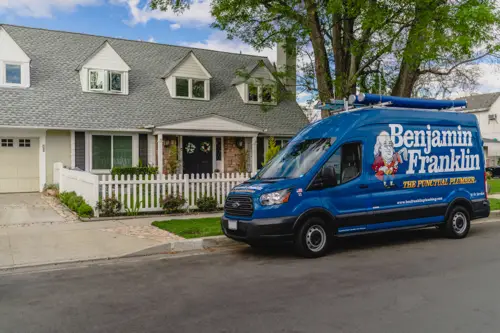
It’s midnight, and you’re planning for Thanksgiving dinner the next day. The last thing you need is an unexpected clog.
If your sink, shower drain, or toilet becomes clogged, how you respond will determine whether your holiday meal is a success or flop. While most homeowners already know that over-the-counter drain cleaners can be dangerous for their sinks, drains, and plumbing fixtures, boiling water can be just as risky.
Overly hot water can damage major components in your plumbing system, which is why it’s so important to get professional drain cleaning services if you have a problem.
What Does Boiling Water Do to Your Sink?
The impact of hot water on your drain depends on the type of pipe and if any clogs are present. For example, iron can withstand a significantly higher temperature than PVC pipes. The following list includes the most common pipe materials and the maximum temperature they can safely handle.
- Iron: 1,410 degrees Celsius
- Copper: 1,083 degrees Celsius
- Galvanized Steel: 200 degrees Celsius
- PEX: 93 degrees Celsius
- CPVC: 94 degrees Celsius
- PVC: 60 degrees Celsius
If you use boiling water, it can eventually damage PEX, CPVC, and PVC pipes. Considering that most homes use PEX, PVC, and CPVC with sinks, using boiling water is a dangerous decision for the safety of your plumbing system.
Additionally, it’s important to remember that the impact of scalding water can be worse if there is a clog present. Normally, hot water quickly leaves your home through the pipes, minimizing the harm caused by high temperatures. If there is a clog, this hot water remains stuck in one spot. In turn, this can cause additional damage. Sometimes, the hot water can even push the clog deeper into the pipe, making it harder to remove.
While PVC pipes are able to manage some heat, boiling water is simply too hot. If you continue to pour this level of heat into your pipes, it can weaken and melt the joints in your PVC pipes. Eventually, you’ll need to hire a plumber to diagnose and repair these melted joints.
Finally, hot water can also damage the sink itself. A porcelain sink can potentially crack if water is excessively hot. If you pour boiling water down a porcelain toilet, it can melt the wax seal around the toilet and even cause the toilet’s porcelain to break.
What Unclogs a Drain?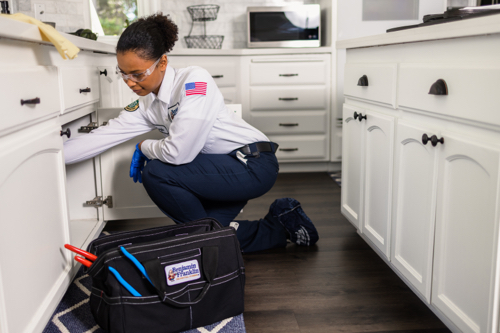
Many common home remedies, like hot water and baking soda, aren’t safe for unclogging your drain. For instance, one traditional fix is to blend vinegar and baking soda because of how much it fizzes. Unfortunately, this chemical reaction can end up moving the clog deeper into the pipe and rarely clears it.
To unclog your pipes, consider one of the following remedies. For deep, troublesome clogs, reach out to our experienced plumbers for a professional inspection.
1. Plungers
For most homeowners, a plunger is the first line of defense for clogs. In addition to toilet plungers, there are specialized plungers designed for sinks. An accordion-style plunger is especially useful for removing clogs in your sink.
2. Drain Snakes
Drain snakes are ideal for clogs that are located near the surface. Designed with plastic teeth, these clog removers work well for shower drains and bathroom sinks. However, drain snakes aren’t ideal for kitchen sinks and toilets.
3. Auger
For stubborn, persistent clogs, a drain auger is a good solution. There are multiple auger styles, and they have to be used properly. You never want to force an auger because it can end up getting stuck. Because of this, the best option is to generally schedule a professional plumbing appointment to ensure the clog is dealt with properly.
Get Help With Your Plumbing Disasters
We all want clean and healthy drains in our homes When dealing with a major plumbing issue, don’t rely on do-it-yourself solutions. At Benjamin Franklin Plumbing, we can help with all of your drain cleaning, clearing, and unclogging. From tankless water heaters to faucet repair, our talented staff can handle your large and small plumbing disasters. If there’s any delay, it’s YOU we pay!


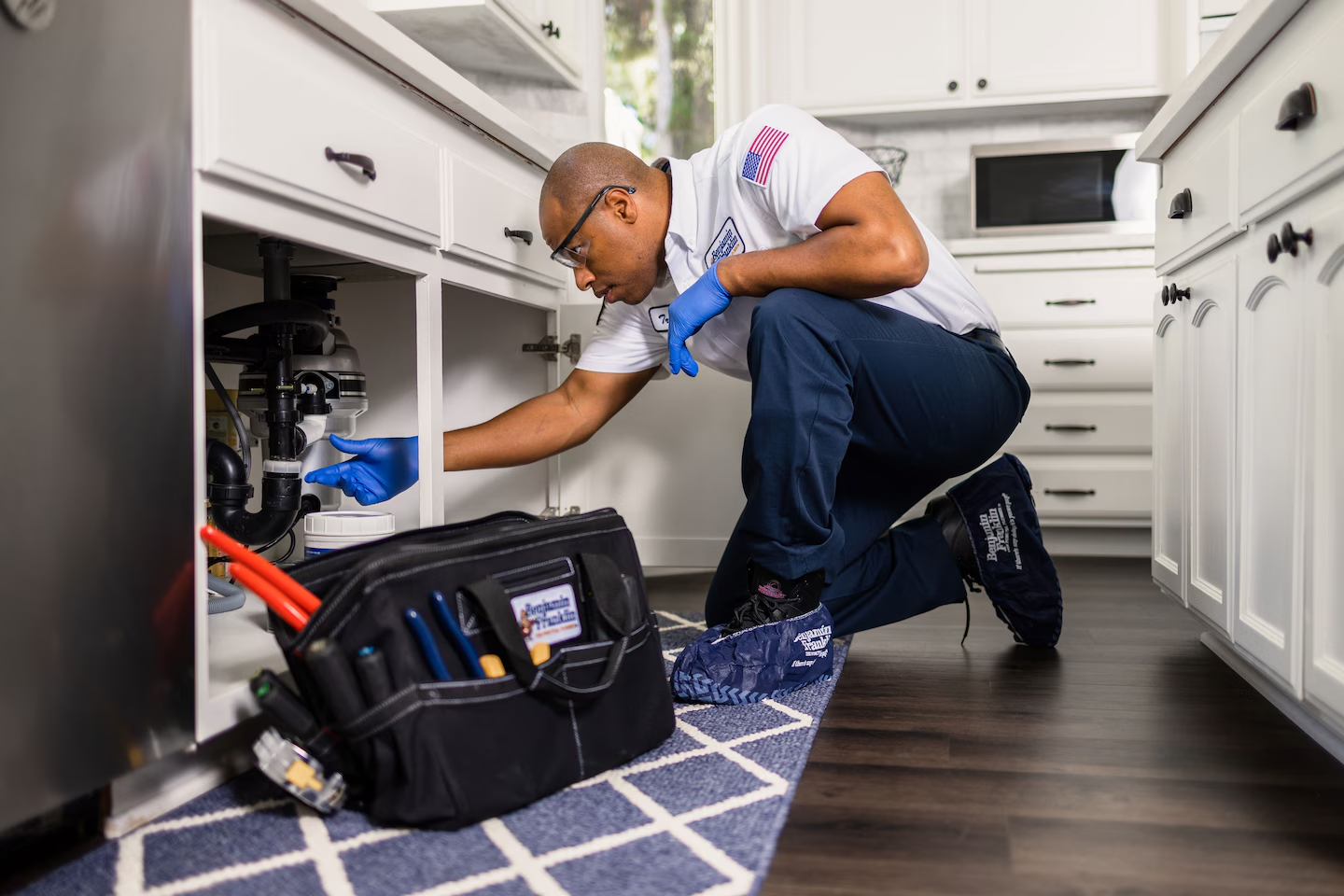

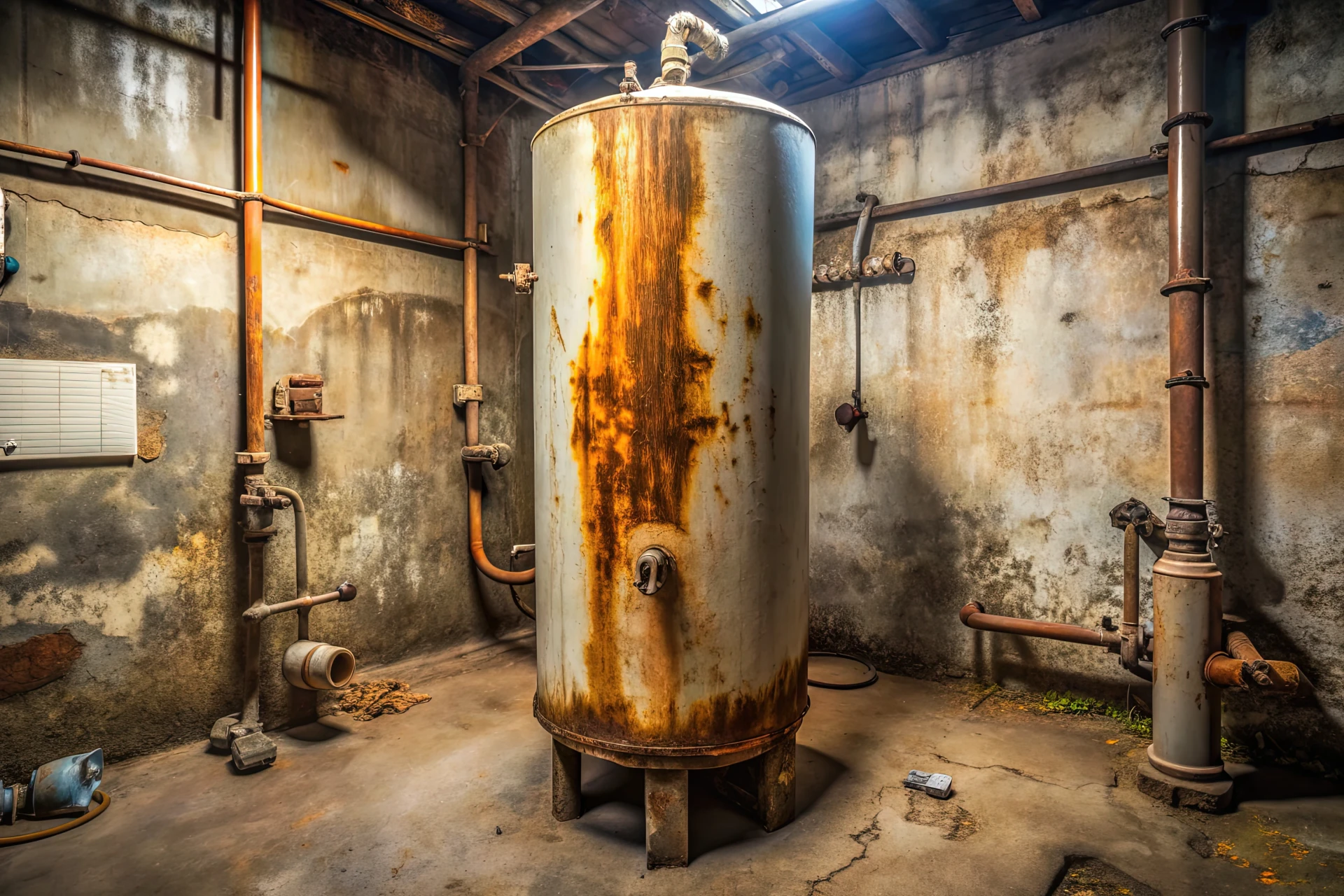


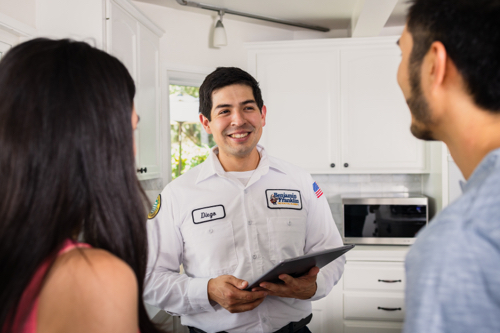
 How can I tell how old my water heater is? That’s a question on the minds of many Miami, FL, homeowners that we get calls about all the time at Benjamin Franklin Plumbing.
How can I tell how old my water heater is? That’s a question on the minds of many Miami, FL, homeowners that we get calls about all the time at Benjamin Franklin Plumbing.



 Hey there, Miami, FL homeowner! So you’re thinking about changing a faucet to save a few bucks? That’s a reasonable thought, and many homeowners are great at DIY projects. Be real: DIY projects can be tempting, especially when you’re trying to save money and skip those plumbing bills. But sometimes, it’s not really worth tackling on your own.
Hey there, Miami, FL homeowner! So you’re thinking about changing a faucet to save a few bucks? That’s a reasonable thought, and many homeowners are great at DIY projects. Be real: DIY projects can be tempting, especially when you’re trying to save money and skip those plumbing bills. But sometimes, it’s not really worth tackling on your own.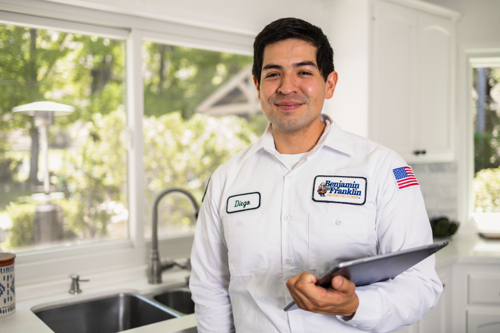 Ever wondered if you can just grab any faucet off the shelf and stick it on your sink? Well, it’s not quite that simple! Let’s break down everything you need to know about matching faucets to sinks, because trust me, getting it wrong can be a real headache. We’ll walk you through what you need to know to match faucets to sinks. If you are uncomfortable with any of the steps to
Ever wondered if you can just grab any faucet off the shelf and stick it on your sink? Well, it’s not quite that simple! Let’s break down everything you need to know about matching faucets to sinks, because trust me, getting it wrong can be a real headache. We’ll walk you through what you need to know to match faucets to sinks. If you are uncomfortable with any of the steps to  Hey there Miami, FL homeowners! Ever wondered whether you need to call a plumber fto unclog a drain that is stubborn? Let’s talk about what you can try to unclof a drain on your own and when it’s time to bring in the professionals at Service Minds Ben Franklin!
Hey there Miami, FL homeowners! Ever wondered whether you need to call a plumber fto unclog a drain that is stubborn? Let’s talk about what you can try to unclof a drain on your own and when it’s time to bring in the professionals at Service Minds Ben Franklin!